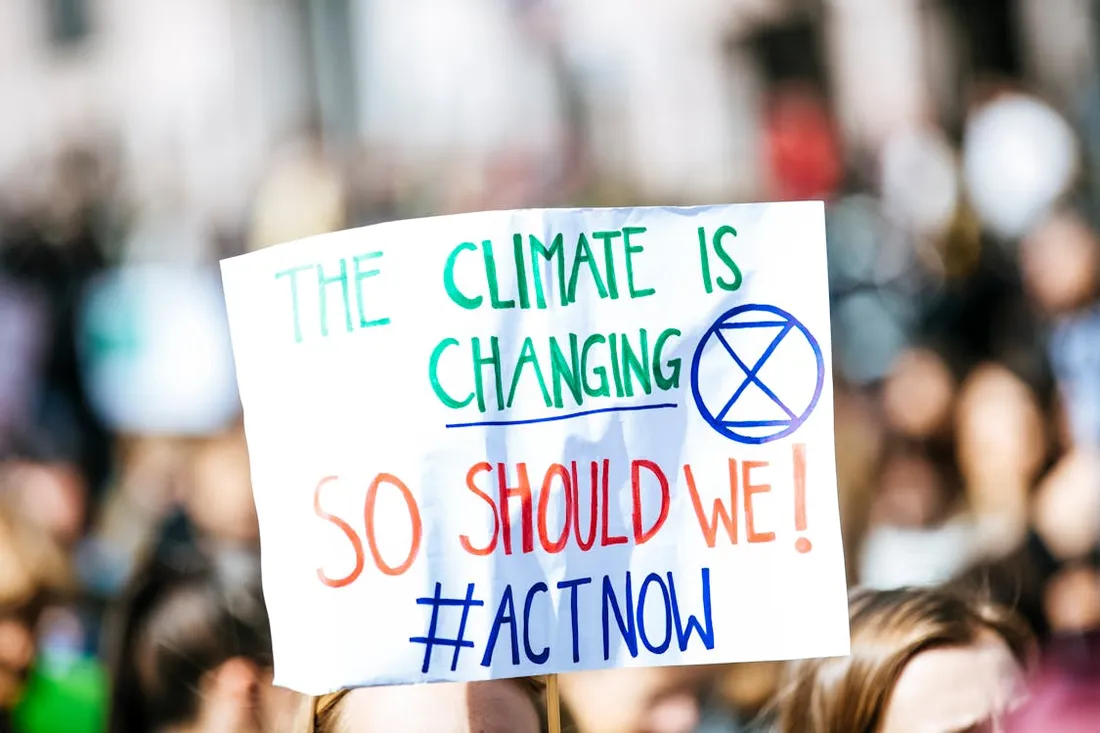
The statement has been signed by the African Development Bank, the Asian Development Bank, the Asian Infrastructure Investment Bank, the Council of Europe Development Bank, the European Bank for Reconstruction and Development, the European Investment Bank, the Inter-American Development Bank Group, the Islamic Development Bank, the New Development Bank, and the World Bank Group. Their joint effort will aim at:
- An increased focus on measuring climate results, outcomes, and impact;
- Coordinated support for countries and sub-national entities to formulate and operationalise Long-term Strategies (LTS);
- Country level collaboration;
- Attracting private capital at scale;
- Supporting enhanced efforts on adaptation and disaster risk management.
The MDBs' actions will impact four key areas of interest:
- Nature: The Joint MDB Working Group on Nature, established in late 2022, continues the implementation of commitments outlined in the COP26 Joint MDB Statement on Nature, People, and Planet. This involves the launch of the MDB Common Principles for Tracking Nature-Positive Finance during COP28. Opportunities will be identified, including partnerships on Sustainability-Linked Sovereign Financing for Nature and Climate.
- Water: The objective is to expand support for climate-resilient water systems, especially in water-stressed regions, aiming to benefit more people. Collaborative efforts will focus on enhancing water resource management, preserving public finance for water security, and mobilizing commercial finance and private sector participation. Emphasis will be placed on improving the sustainability of water and sanitation services, fostering effective policy frameworks, institutional setups, regulatory environments, and enhancing corporate governance and transparency in the water sector.
- Health: Acknowledging the profound impact of the climate crisis on health and well-being, collective actions are committed to scaling up climate and health financing. Collaborative efforts aim to assist countries in understanding climate-induced health risks, identifying cost-effective solutions, and mobilizing financing promptly and at a significant scale. The Development Bank Working Group for Climate-Health Finance, a network of MDBs and Public Development Banks, has devised a Joint Roadmap for Action in this regard.
- Gender: The interconnectedness of climate and social crises, including implications for women’s health, livelihoods, and empowerment due to rising temperatures and growing inequality, is acknowledged. Evidence suggests that increased diversity in leadership, workforces, supply chains, and investment projects contributes to improved sustainability, resource management, climate mitigation, and resilience. Collaborative efforts are focused on identifying and expanding financing for gender-responsive solutions, drawing from collective knowledge and programmatic experience on the gender-climate nexus for governments and businesses.
The joint MDB statement underscores their ongoing progress and achievements. In 2022, these banks reached unprecedented levels of climate finance and private funding mobilization. Their collective commitment amounted to 61 billion dollars in climate finance for low and middle-income economies, marking an 18% increase from the previous year, and nearly 100 billions across all economies where they operate. Notably, adaptation finance accounted for 37% of the finance in low- and middle-income countries, with a total climate co-finance of 46 billion dollars, including 15 billions mobilized from private sources.
Moreover, the MDBs persist in aligning their endeavors with the Paris Agreement objectives, employing a joint framework established during COP24. Recent efforts in 2023 included the publication of the Joint MDB Methodological Principles for Assessing the Paris Agreement Alignment of New Operations. Furthermore, they are actively supporting just transition initiatives across various contexts and regions.







